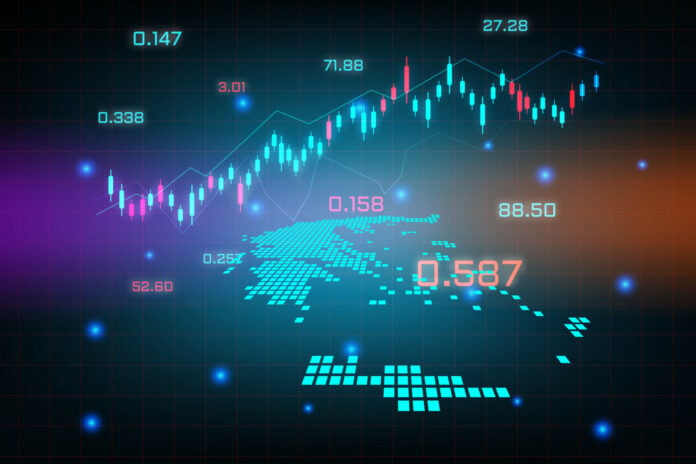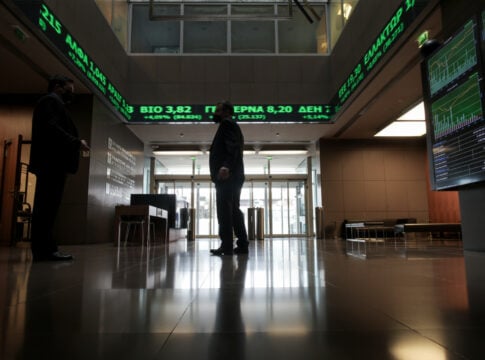What should Greece fear next year? Nothing. And everything. Because Greece has left behind the years of painful crisis and memoranda, is following a stable course and has at its disposal the tools required to face any geopolitical and economic problems that may arise.
However, there are also some persistent issues that it cannot ignore such as the current account deficit, the investment gap, and the low GDP per capita.
Despite these issues, Greece can feel proud that it is no longer a source of concern for the Eurozone. On the contrary, it is considered by many as a model country.
Samuel Tilleray, credit analyst at S&P Global Ratings, Greg Kiss, Director of Fitch’s Sovereign analytical team, and Dennis Shen, Chair of the Macroeconomic Council and primary sovereign analyst at Scope Ratings, give credit for what Greece has achieved, but they also sound the alarm.
Model Country
Greg Kiss (Fitch) underlined that Greece maintains a stable economic path, with projected growth rates of 2.0-2.5% in the coming years. The absorption of the funds from the Recovery Fund and increased investments are the main pillars of economic resilience.
Samuel Tilleray (S&P) estimated that the country’s economic momentum will be maintained, driven by investments and private consumption, with the average growth rate at 2.5% for the period 2025-2027. He also sees continued fiscal consolidation, with the net debt-to-GDP ratio expected to continue to decline to 119% of GDP by 2027, from 192% in 2020.
Dennis Shen (Scope Ratings) referred to the improvement in Greece’s credibility in the markets, with the recovery of investment grade being an important milestone. The strengthening of investor confidence is giving impetus to infrastructure and innovation projects, underlining the transition to “Greece 2.0.” It is no coincidence, as he pointed out, that Greek bonds acted as a “safe haven” when the political crisis broke out in France.
The persistent problems
Despite the overall progress, Samuel Tilleray emphasized that Greece still faces challenges, such as the high current account deficit, which remains at 6% of GDP. This makes the economy vulnerable to fluctuations in international trade and changes in energy prices, he explained.
Greg Kiss noted that the country remains vulnerable to external pressures, especially if there are increases in energy prices or geopolitical tensions. He added that improving productivity is crucial to increasing GDP per capita, which is below the European average. The need for strategic investments and reforms remains imperative, he noted. On his part, Dennis Shen stated that competitiveness is still a challenge.
The future of the Greek economy
Greece can be optimistic, as it is no longer a “weak link” in the Eurozone. As Dennis Shen noted, the country has shown resilience in recent international crises, which reflects progress in fiscal policy and institutional reforms.
Samuel Tilleray underlined that Greece must continue to focus on innovation and attracting investment in order to maintain its momentum, while Kiss agreed that the country now has the means to face external challenges, provided it does not become complacent.
However, all of them agree on the two challenges that need to be urgently addressed: climate change and the aging of the population.














